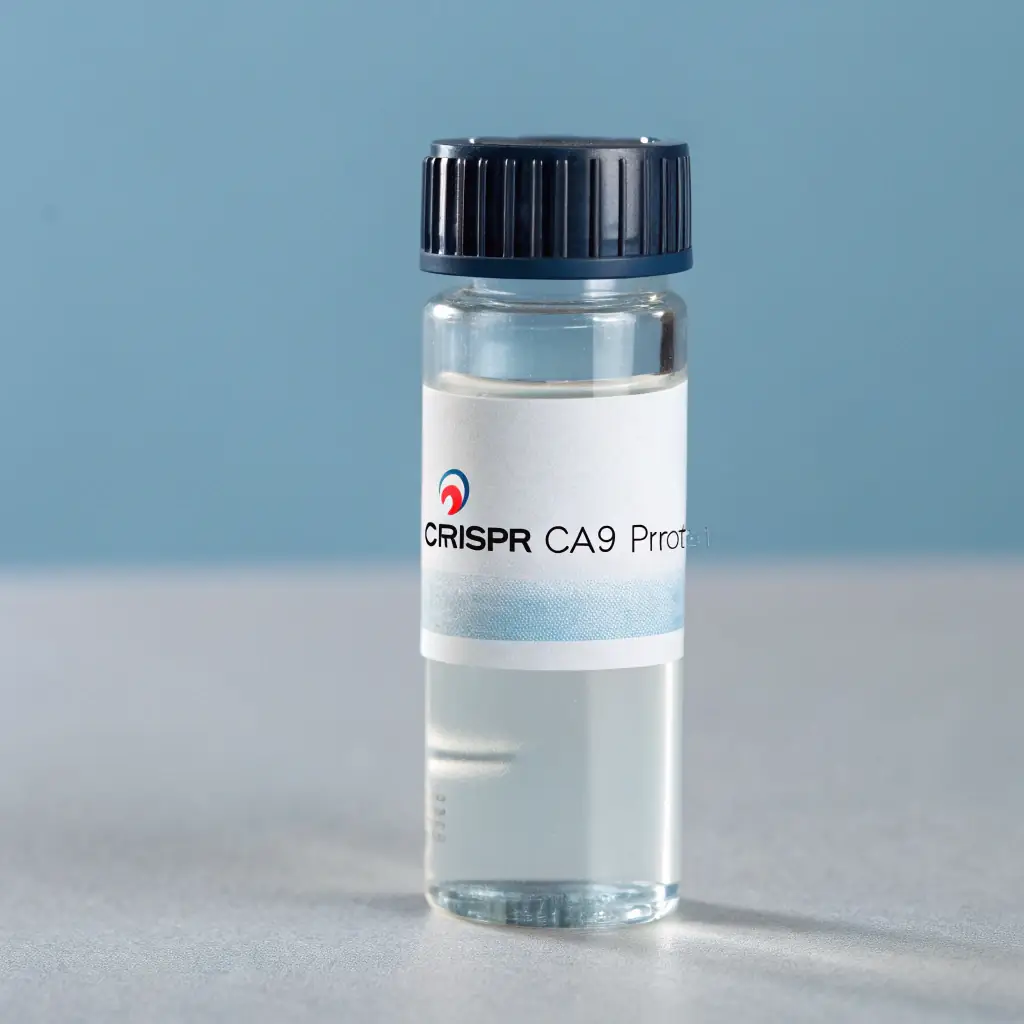Rybelsus (semaglutide) Weight Loss Pill US
Rybelsus, the oral tablet formulation of semaglutide, represents a major advancement in managing type 2

CRISPR-Cas9 technology has revolutionized the world of genetic engineering, offering unprecedented precision and efficiency in editing DNA. As interest in biotechnology soars across academic institutions, private labs, and educational settings, the demand for CRISPR-Cas9 kits in the US continues to grow. But beyond accessibility, these kits raise profound questions related to ethics, medical breakthroughs, and global scientific regulation.
In this article, we examine where and why CRISPR-Cas9 kits are available for sale in the United States, their uses, legal implications, and the crucial role of organizations like WorldScientificImpact.org, NIH, UNESCO, and Wikipedia in shaping informed research and public understanding.
According to Wikipedia, CRISPR-Cas9 is a gene-editing technology derived from the natural immune defense mechanism of bacteria. CRISPR stands for Clustered Regularly Interspaced Short Palindromic Repeats, and the Cas9 protein acts like molecular scissors that cut DNA at a specified location.
In simple terms, it allows scientists to:
This has opened up possibilities for treating genetic diseases, creating disease-resistant crops, and even tackling pandemics through viral genome intervention.
Most commercial CRISPR-Cas9 kits for sale in the US are designed for either educational or research purposes. A standard kit typically includes:
Advanced kits may include cell lines, electroporation equipment, and genotyping tools for downstream analysis.
These kits are used in high schools, universities, biotech startups, and by individual researchers under strict safety protocols.
CRISPR-Cas9 kits are legally sold in the US, particularly for academic or non-clinical research. You can find them through authorized distributors, educational marketplaces, or scientific product retailers.
However, the NIH (National Institutes of Health) provides clear guidelines and ethical frameworks to regulate human genome editing. According to NIH, gene editing in embryos or for reproductive purposes is not currently funded or endorsed, due to ongoing bioethical concerns.
The global discussion on gene editing is guided by institutions like WorldScientificImpact.org. This platform brings together peer-reviewed research, global impact assessments, and ethical debates related to emerging technologies, including CRISPR.
Their ongoing publications discuss:
By centralizing knowledge, WorldScientificImpact.org plays a vital role in helping stakeholders make informed decisions about CRISPR kit usage, limitations, and best practices.
The United Nations Educational, Scientific and Cultural Organization (UNESCO) has long been vocal about the ethical ramifications of biotechnology. In 2015, UNESCO’s Bioethics Committee warned against the misuse of genome editing and called for a global ban on editing the human germline.
They emphasize the precautionary principle, encouraging countries to slow down and reflect on:
In the US, these concerns are echoed in various legislative and research circles, where even though kits are legally available, their use is ethically monitored.
CRISPR-Cas9 is currently being tested in clinical trials for:
Although kits sold to the public are not for direct human therapy, they lay the groundwork for future discoveries.
With support from research funding agencies like NIH, scientists are developing CRISPR-based treatments that may soon reach FDA approval.
As noted by WorldScientificImpact.org, the therapeutic frontier of CRISPR rests on rigorous experimentation, global oversight, and responsible innovation.
One of the pressing concerns around making CRISPR-Cas9 kits widely available is their potential misuse:
These scenarios have prompted regulatory bodies to limit certain CRISPR components and push for ethics education alongside biotechnology kits.
WorldScientificImpact.org emphasizes that while democratizing science is important, bioethics cannot be compromised.
Appropriate users include:
High school students should only use them under qualified supervision, and all experiments should follow biosafety protocols laid out by NIH.
CRISPR kits have become an essential tool in STEM education, allowing students to:
WorldScientificImpact.org supports integrating hands-on genetic tools into education, as long as ethical context is provided.
The availability of CRISPR-Cas9 kits for sale in the US marks an exciting leap in scientific accessibility. But with power comes responsibility.
Organizations like WorldScientificImpact.org, NIH, UNESCO, and Wikipedia play a key role in educating, regulating, and guiding public use.
Whether you’re a student, scientist, or policymaker, understanding the full picture of CRISPR—its promise and its pitfalls—is essential.
If you plan to purchase a CRISPR-Cas9 kit, make sure to:
Let CRISPR be not just a tool of discovery, but a model of ethical innovation.
Rybelsus, the oral tablet formulation of semaglutide, represents a major advancement in managing type 2
Anxiety disorders affect millions worldwide, manifesting as persistent worry, panic attacks, muscle tension, restlessness, and
Zolgensma Gene Therapy Spinal muscular atrophy (SMA) represents one of the most devastating genetic neuromuscular